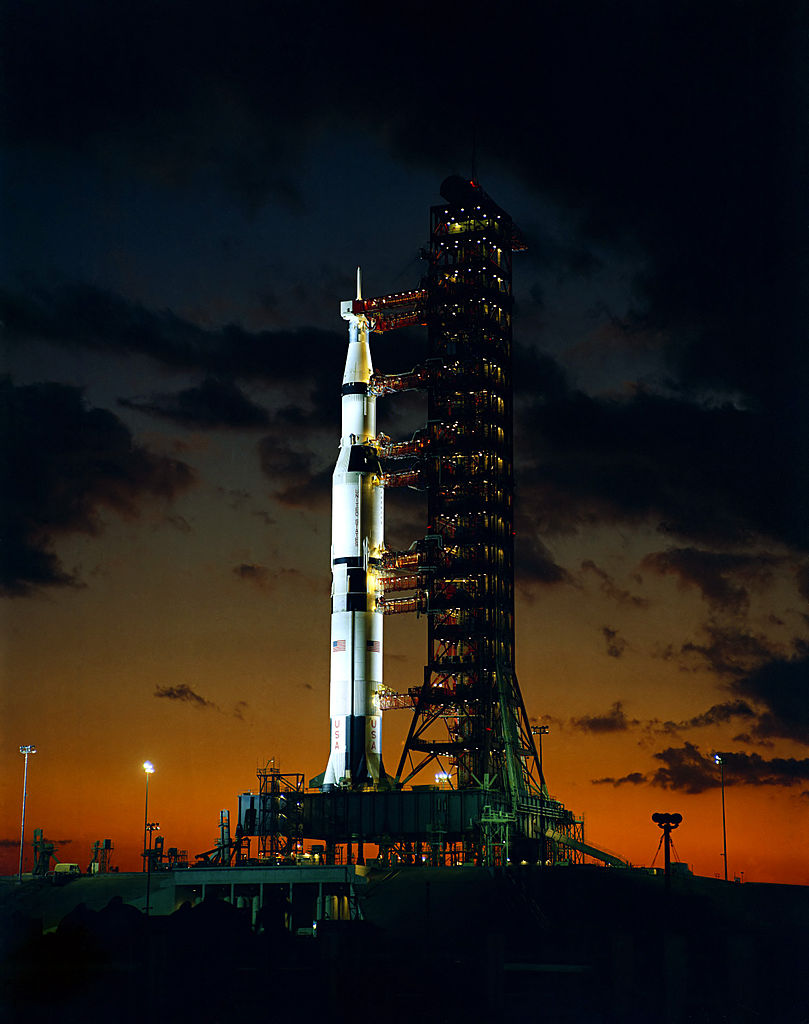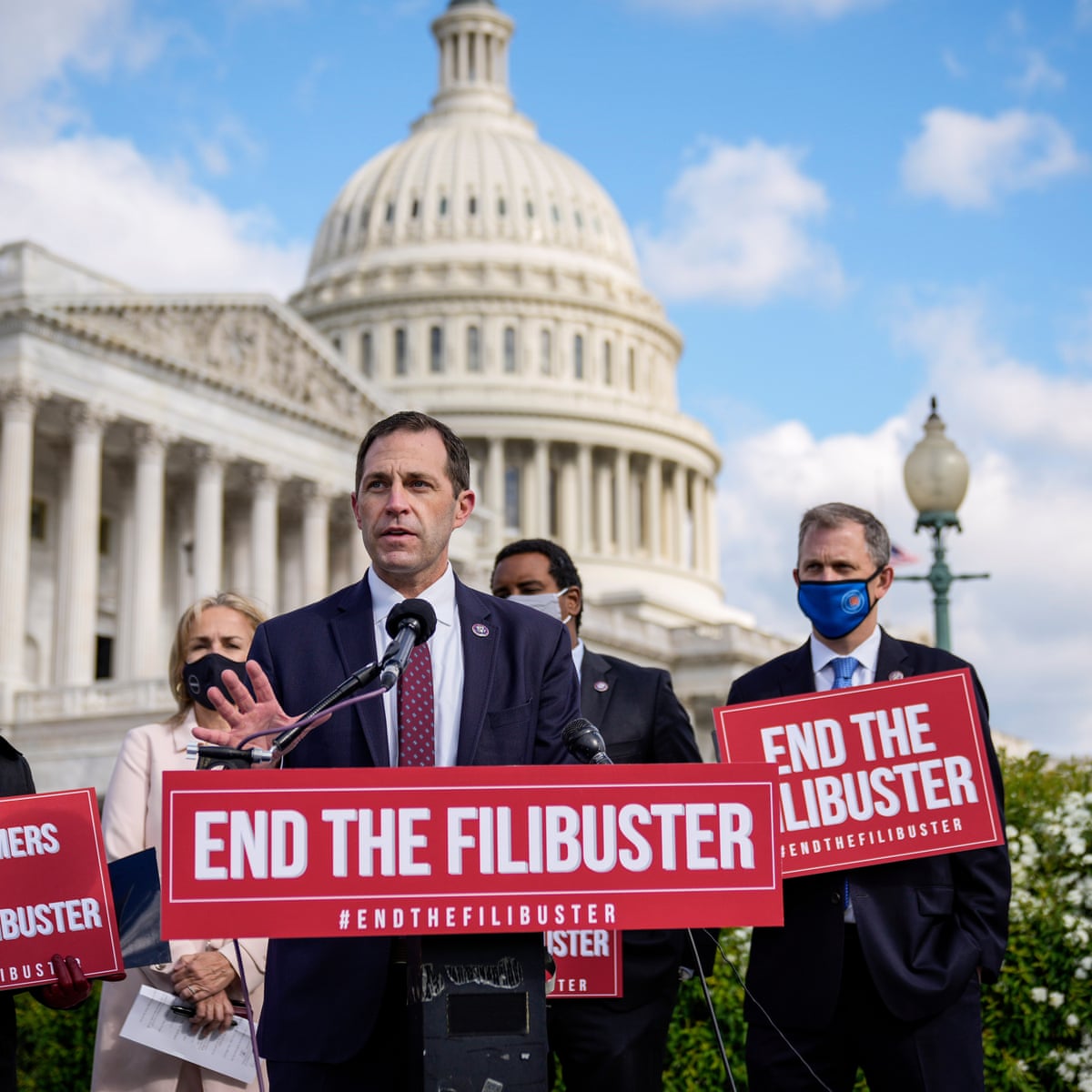Over the past few months, Russia has become increasingly aggressive towards its neighboring nations—namely Ukraine, where it is estimated that over 100,000 Russian troops are stationed along the border, with many more in reserve. All of this is in preparation for the order to invade from Russian President Vladimir V. Putin. This drastic action has drawn the attention of the whole world. Despite the strength of the Ukrainian military and the support of Western nations, including the United States, an invasion by Russia, should it occur, would be extremely difficult to counter. Attempts to prevent conflict have resulted in the opening of multiple dialogues, but so far it is to no avail, as neither side has been able to come to an agreement on the issue.
Today, despite negotiations, the United States and Russia have remained locked in a stalemate. During a United Nations Security Council meeting held to discuss the Ukraine crisis, Russian officials expressed that the United States was “whipping up tensions and rhetoric and provoking escalation”. Russian Ambassador Vassily Nebenzia additionally stated that he blamed the U.S. for the current tensions between Russia and Ukraine, due to their 2014 ouster that brought “nationalists, radicals, Russophobes, and pure Nazis” to power in Kyiv. U.S. Ambassador Linda Thomas-Greenfield fired back that the Russian soldiers placed at Ukraine’s border was “the largest mobilization” of European troops in decades, saying they were endangering the peace. These talks bear a resemblance to that of the Cold War, which ended in 1991, as both global superpowers are, as they were then, engaged in bitter, seemingly unresolvable debates and have expressed a refusal to acknowledge the opposition’s claims.
In response to the crisis, the Biden administration has stated that, should Russia invade Ukraine, the United States will place extremely harsh economic sanctions on them as punishment, although it is unclear whether other nations will follow suit. President Joe Biden has also stated that the United States would not send many, if any, troops to Ukraine’s defense, as Ukraine is not a member of NATO and therefore does not qualify for military aid. Instead, the United States plans to send their troops to NATO countries that share a border with Russia in the hopes of preventing further Russian aggression, should they go forward with their invasion of Ukraine. However, Biden still supports the idea of keeping dialogues with the Russians open to hopefully reach a peaceful resolution. White House officials have supposedly continued communication with the Russians through both writing and phone calls, but the details of these conversations have been kept confidential. At this point, the world public can only hope that an agreement can be reached to de-escalate this conflict, but the future remains uncertain.

